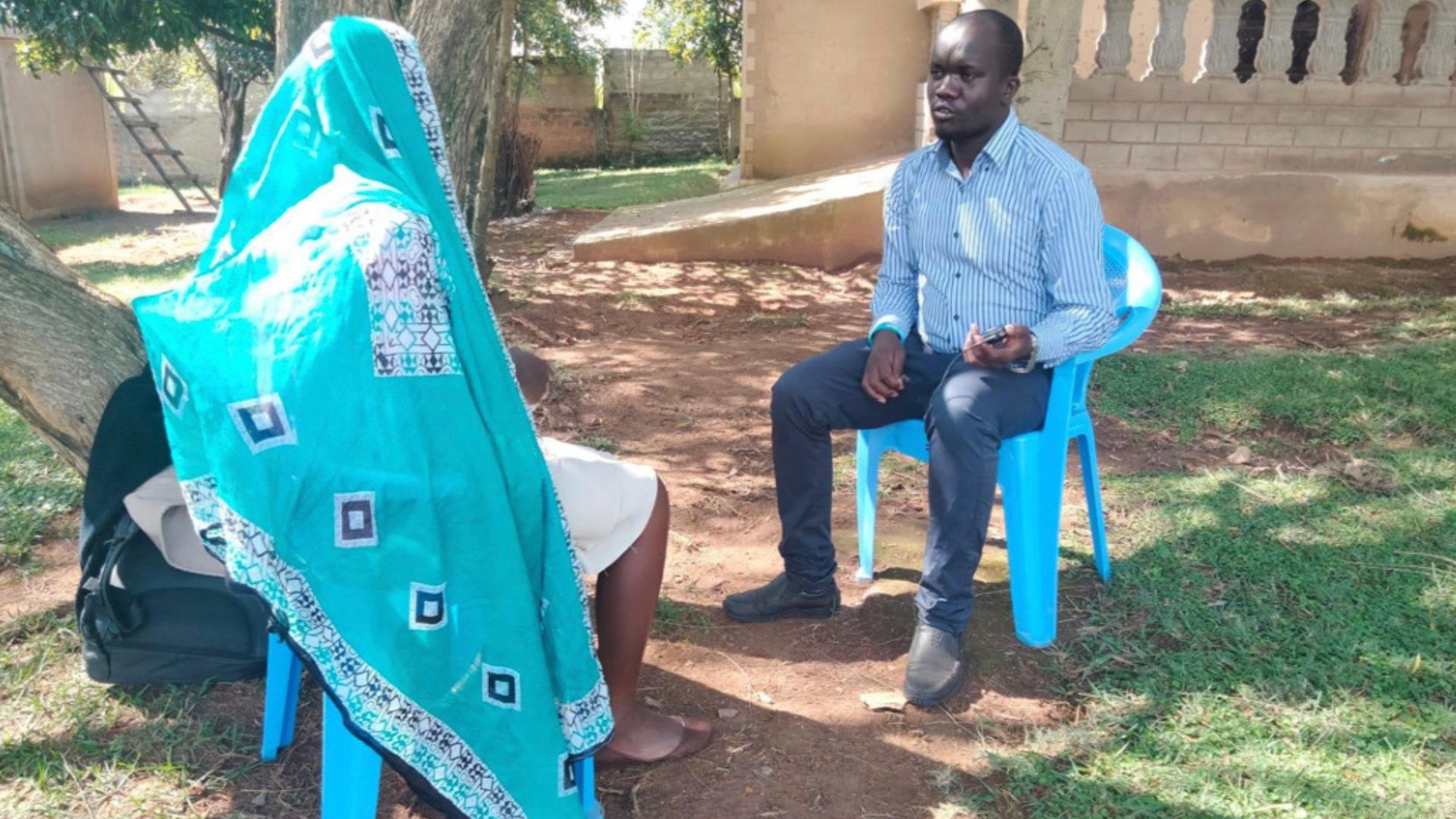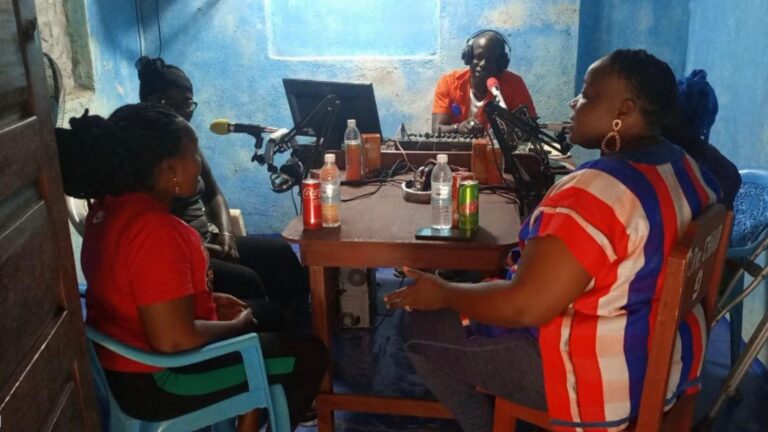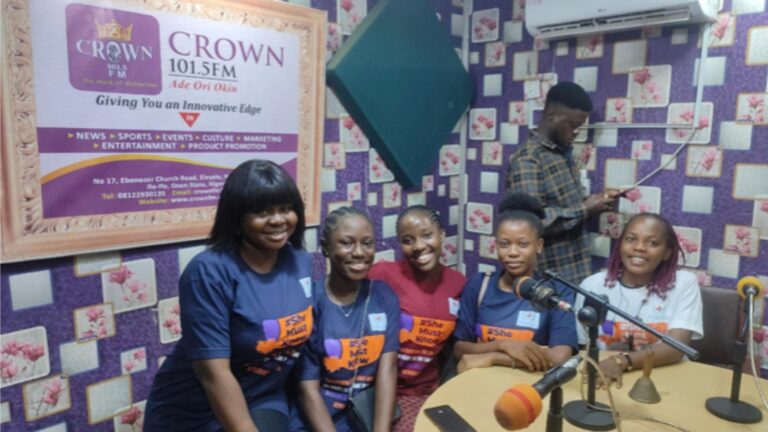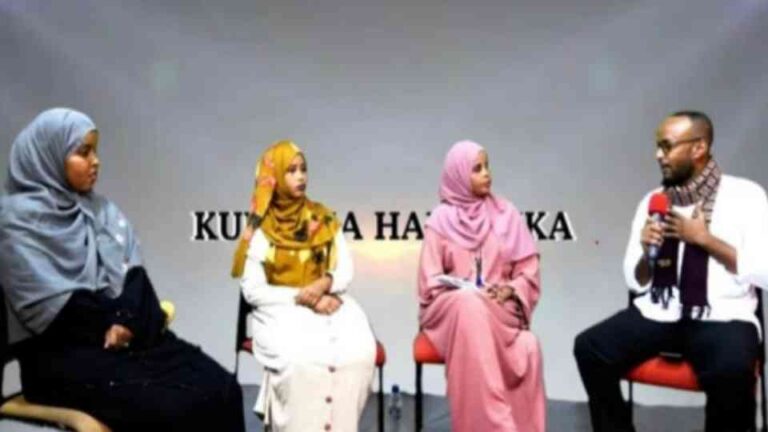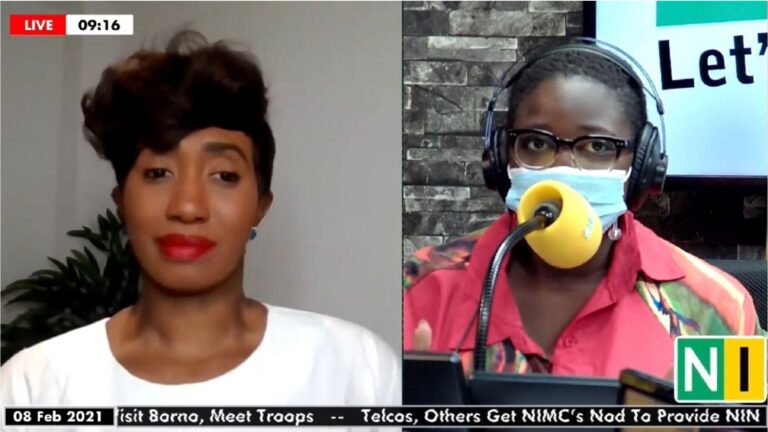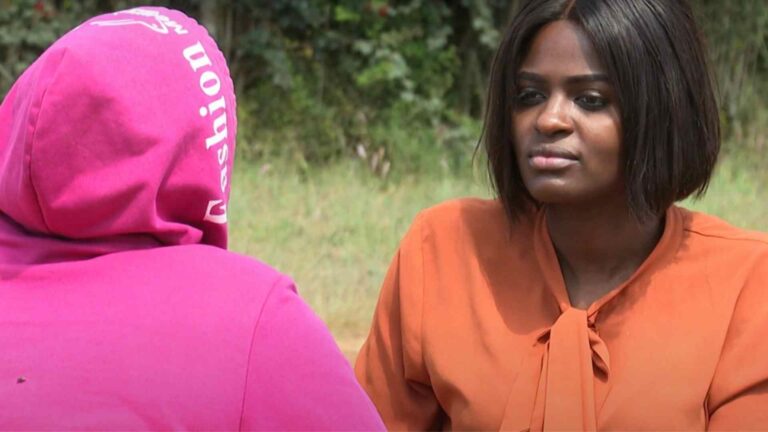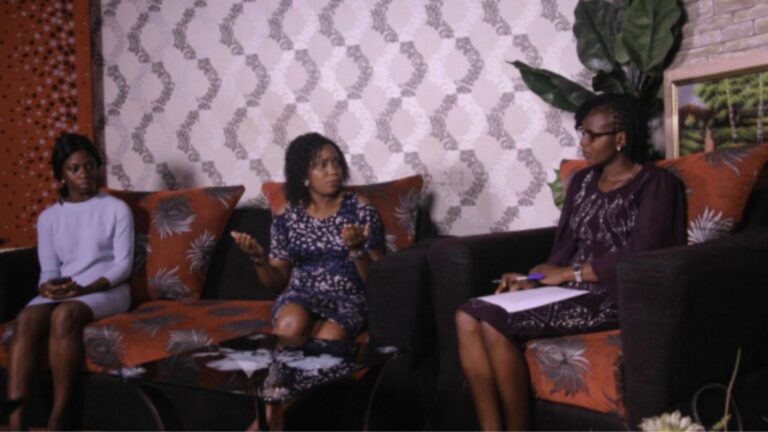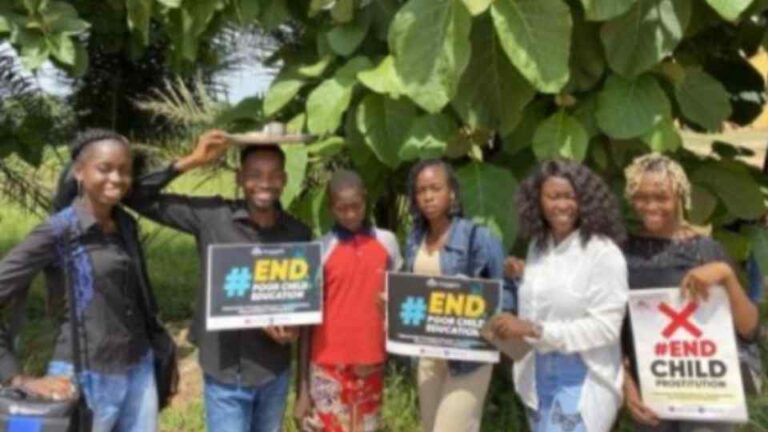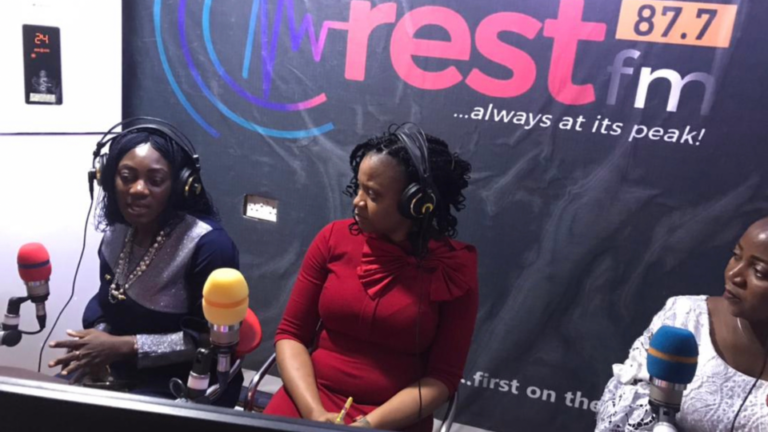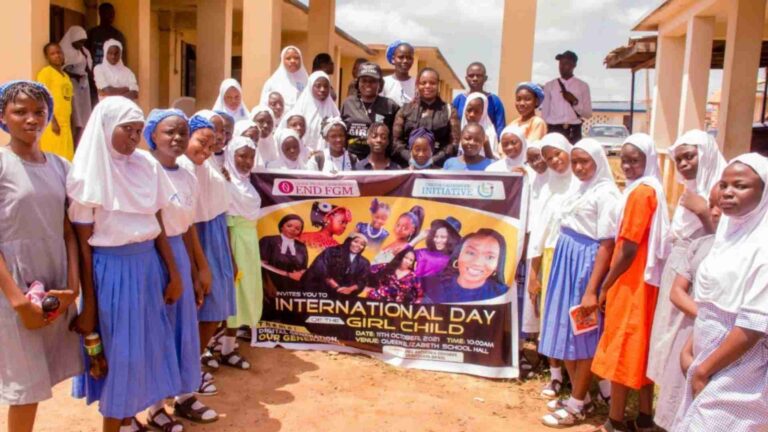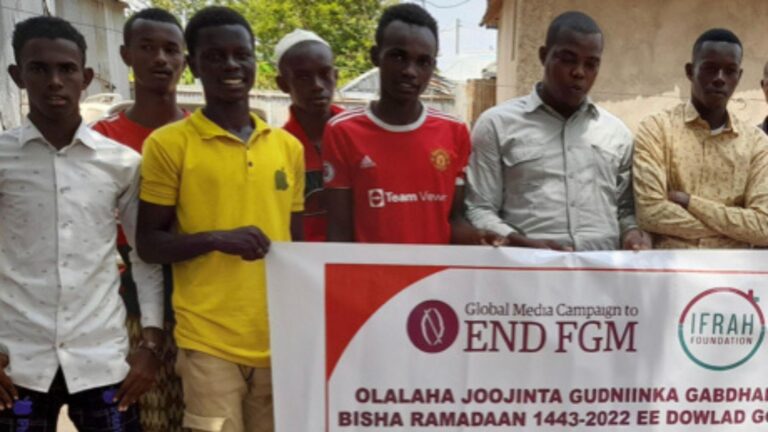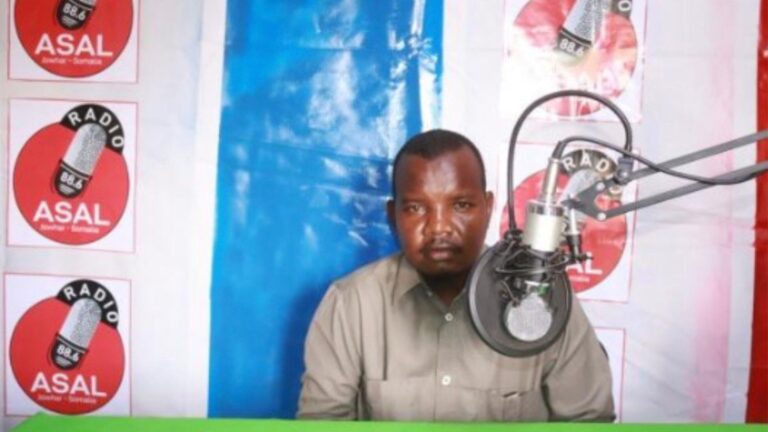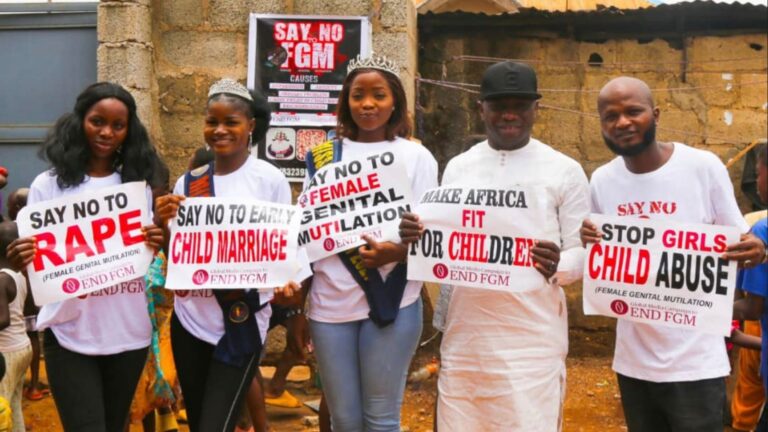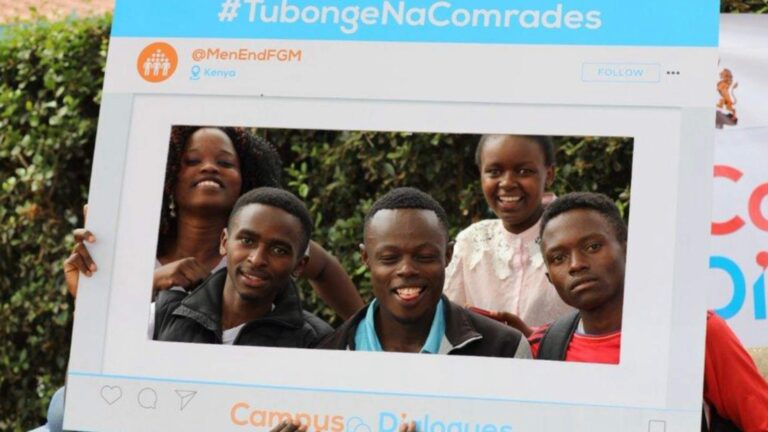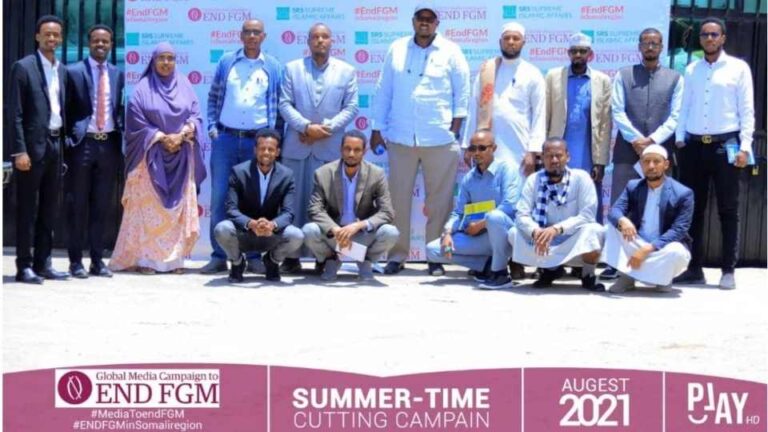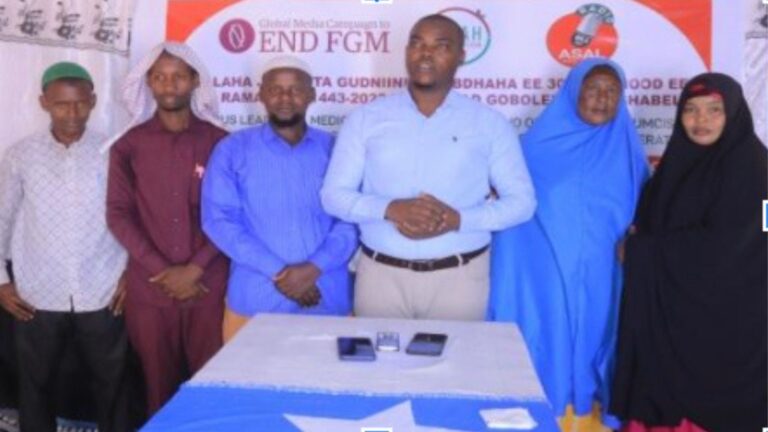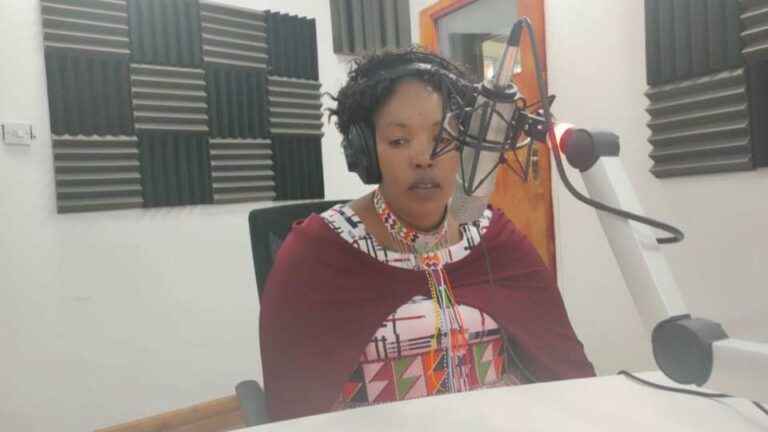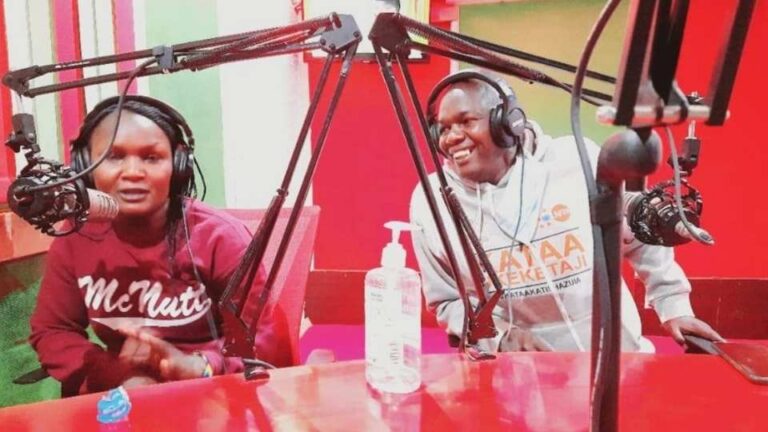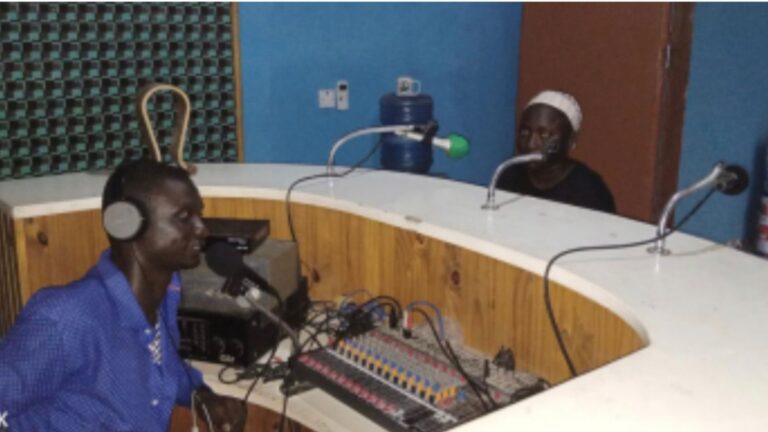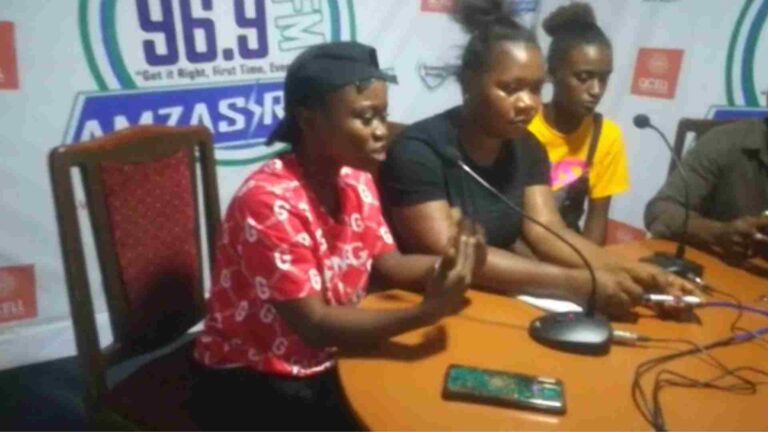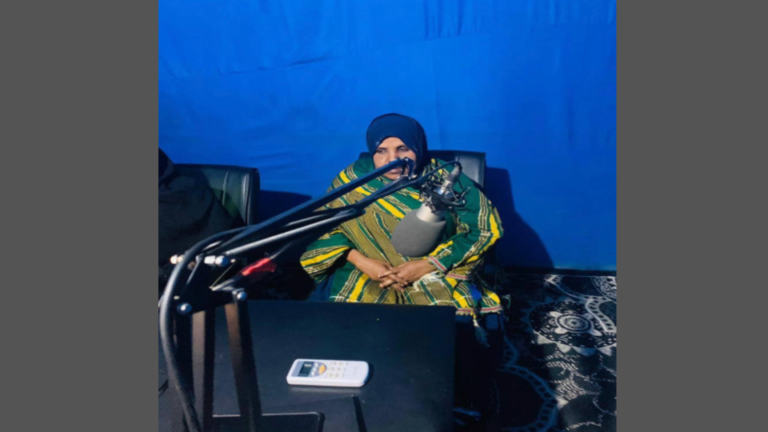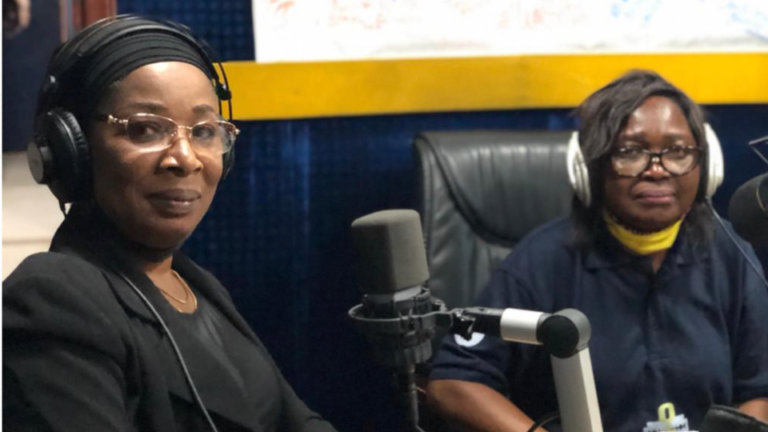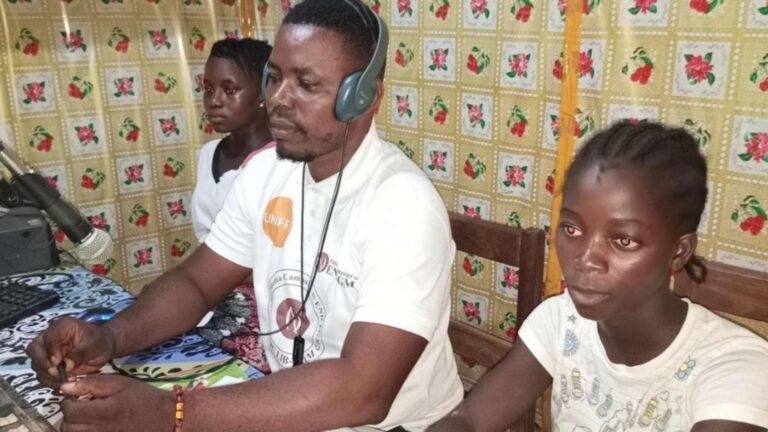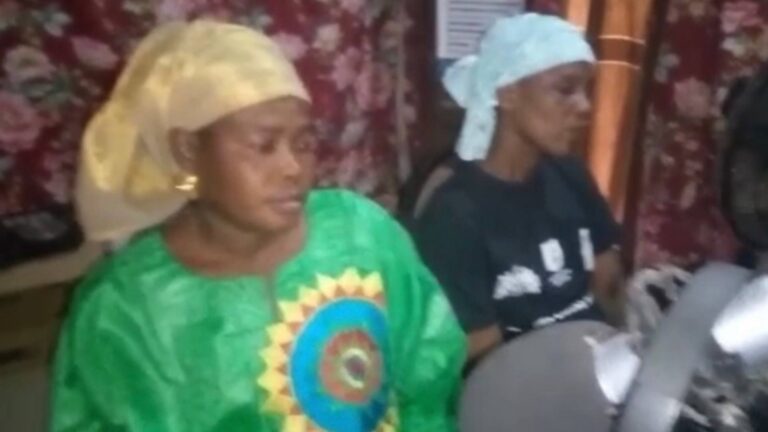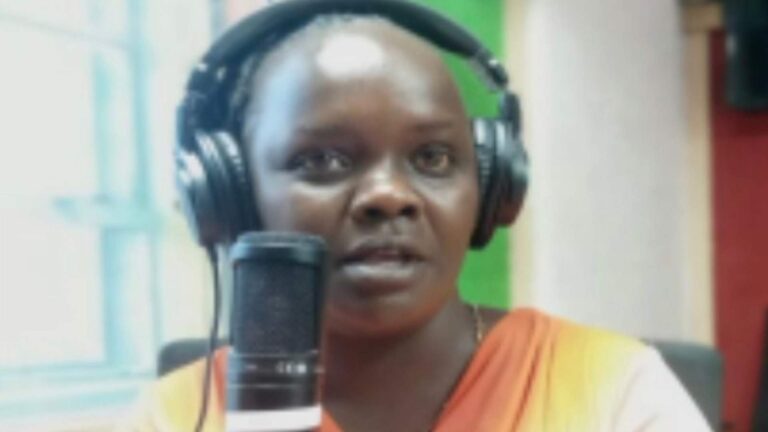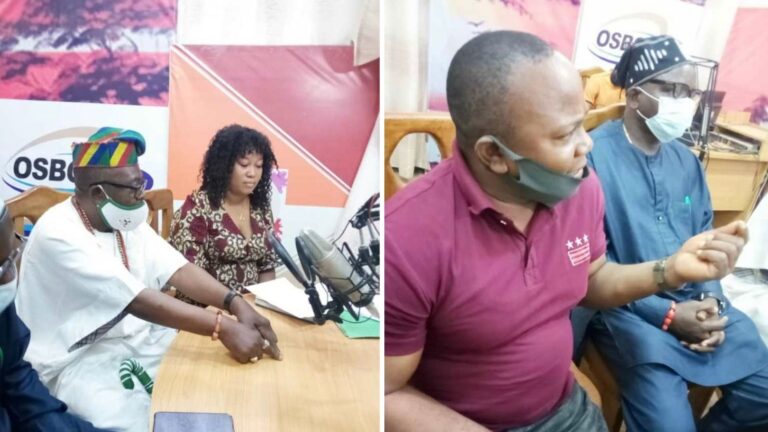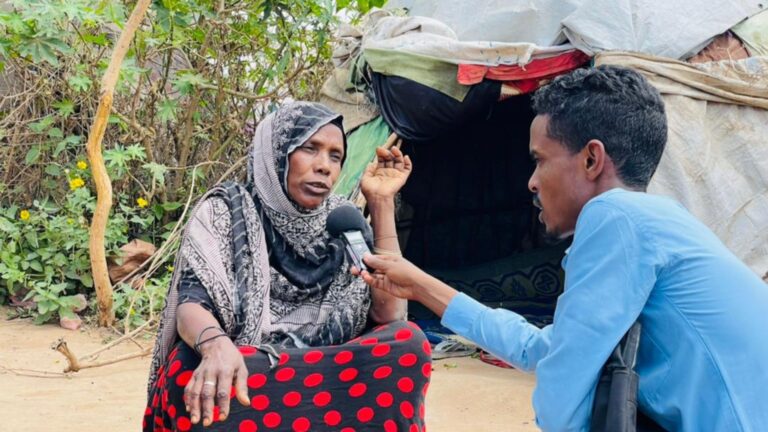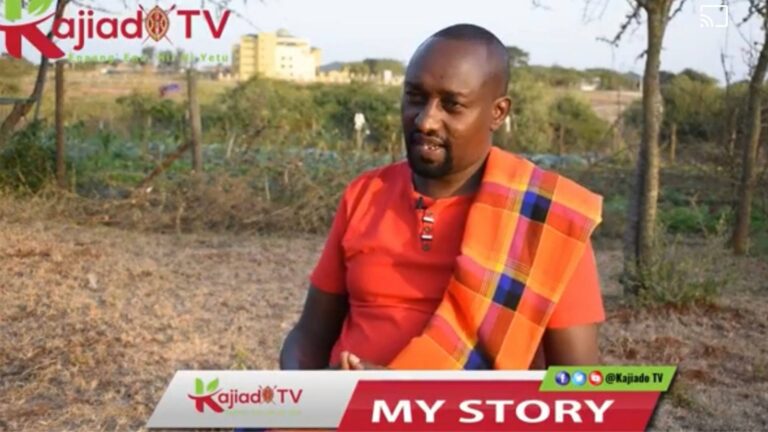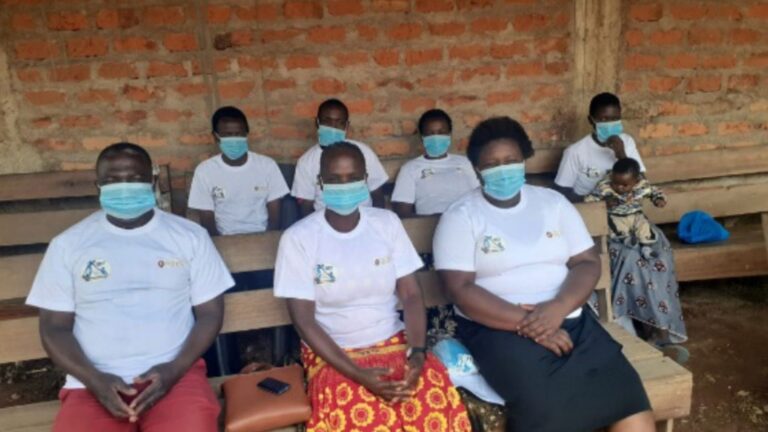By Collins Orono,
Justice for her was about challenges that girls go through when trying to access justice whenever they are forced to undergo Female Genital Mutilation. I went to Kehancha, Migori County with a team of two other people. I got to engage with girls who once tried to access justice without success, grassroots activists supporting girls to access legal justice, and grassroots paralegals who have been trained to handle children’s cases.
Investigations:
On the authorities’ side, I talked to the Migori County Commissioner to understand the challenges in investigating and prosecuting children’s cases as well as officials from the National Council for Children cervices to understand the magnitude of FGM in Kuria and the steps taken to curb the deep-rooted cultural practice and challenges involved in ending FGM in the area.
The project’s success:
The Story was broadcasted on Look up TV, A National TV channel with at least 500,000 reach Nationwide. It was also shared on Mtoto News Youtube channel
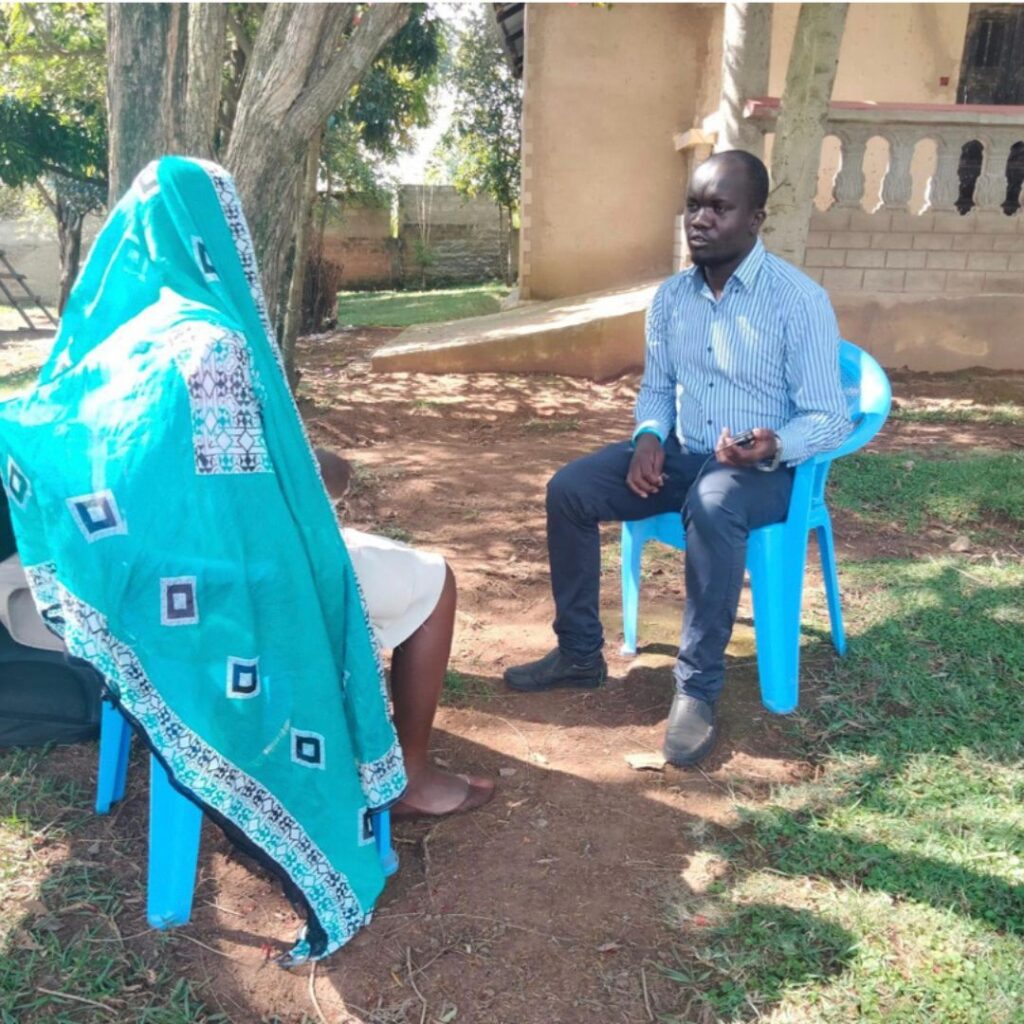
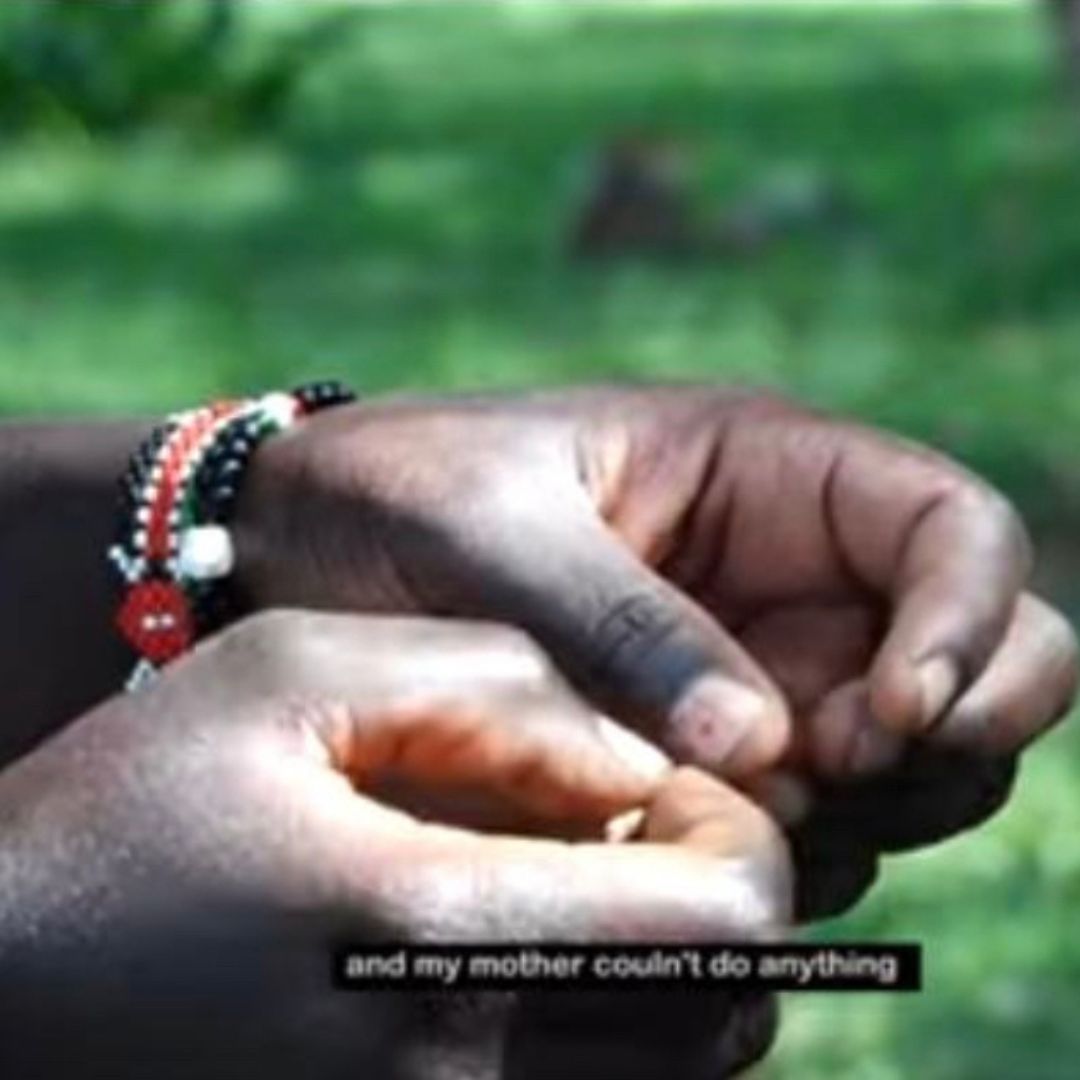
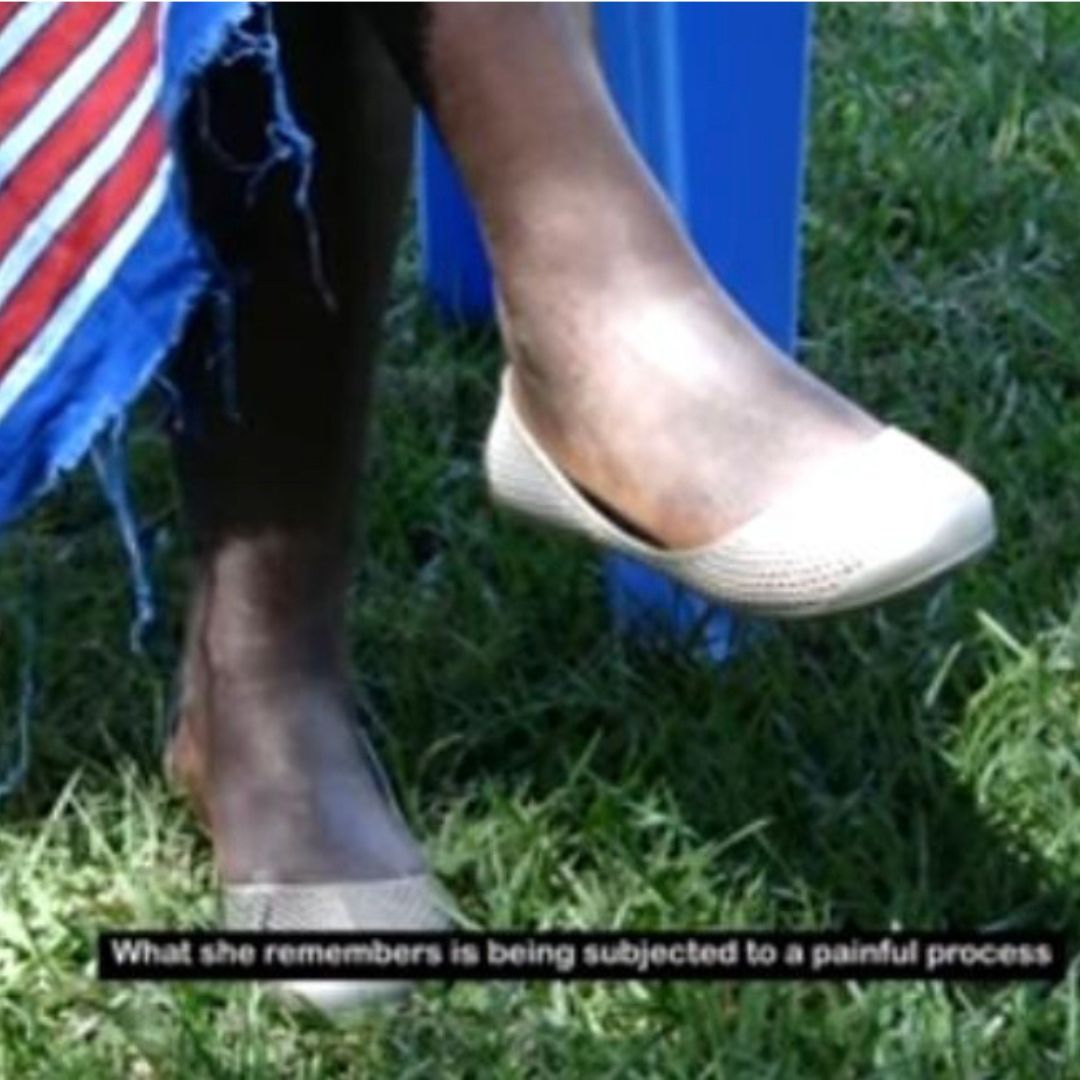
FOr the whole interview click here.
In terms of the Success of the Story, I would give myself a 75 percent because I talked to the children as expected. Even though one of my expectations was to talk to magistrates and advocates working on FGM, cases at the Kehancha Law Courts to understand deeply the main reasons why FGM cases are thrown out due to lack of evidence as was claimed by a number of the Paralegals I interviewed but due to short notice, I wasn’t able to.
My biggest fear was talking to Minors because it was a sensitive matter that touched a bit on a police officer who was accused by one of my interviewees to have pushed to undergo FGM and get married at the age of 9.
Difficulties:
It was very difficult to navigate around some of the villages. The road system around the area that we used was very poor. While we were returning, two of my colleagues experienced a Carjacking attempt the car was slightly damaged but none of them was injured.
Given that I did the story around the day of the African Child and during the Political Campaigns season, most of the authorities were engaged in Political activities as well as planning for the day of the African Child.
Due to time constraints, I wasn’t also able to interview the Chairperson of the National Council on the administration of Justice Hon Judge Teressia Matheka who would have talked more about what they are doing to lower the threshold of evidence required for FGM cases.
Unexpected wins:
We managed to talk to the Migori County Commissioner, the National Council for Children’s Services CEO, and two young survivors of FGM.
The main challenge that we encountered was traveling to the interior areas with no good road system and time constraints due to the tight schedules and availability of interviewees.
Strong messages:
Next time:
I would engage all stakeholders in the justice system from Investigators, Prosecutors, Magistrates, and advocates working on FGM cases in Kuria and other parts of the Country that practice FGM. I would also interview more girls because talking to the young survivors is giving them a voice.
One aspect that I would consider next time is going to the field with a therapist who would provide brief counseling services to girls after interviews.
